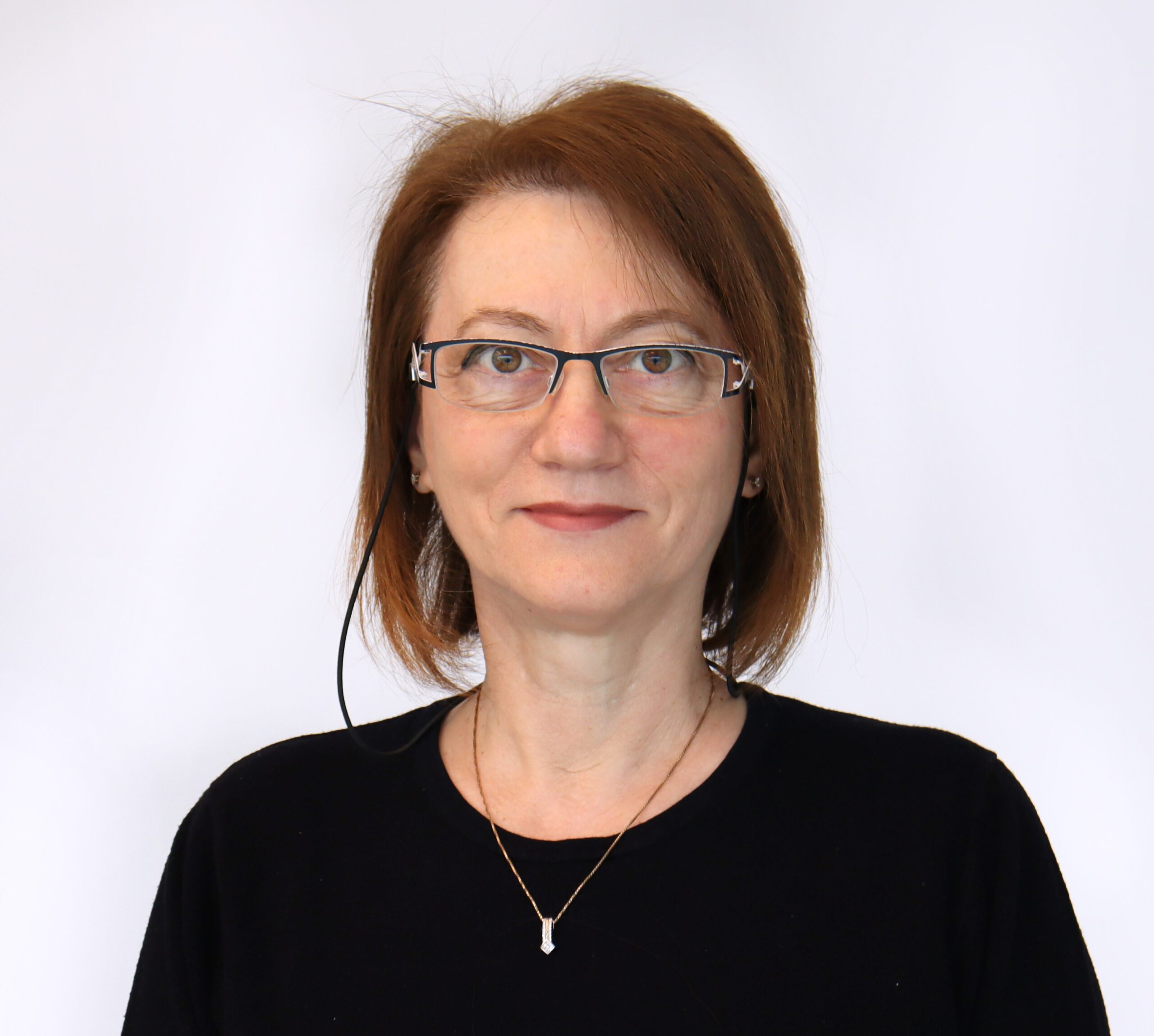Alexandra Furtos, Ph. D
Mass spectrometry facility director, Université de Montréal
Associate professor
Université du Québec à Montréal
LC-MS monitoring of short chain Acyl-CoA thioesters in mice models of hereditary metabolic diseases
Abstract
Most hereditary metabolic diseases detected by newborn screening result from deficiency of enzymes involved in mitochondrial acyl-CoA metabolism. However, the relationship between clinical features of these diseases and accumulation of acyl-CoAs has not been studied extensively because their direct measurement in affected tissues is not possible in patients. Lack of knowledge about intracellular CoA levels and their effects on metabolism is a major gap in understanding mitochondrial metabolism.
Animal models of hereditary metabolic diseases are increasingly available and allow direct study of affected tissues thus revealing new information about the pathophysiology and treatment of these potentially fatal conditions. Four types of tissues were targeted in these studies: liver, heart, brain, muscle and the method was finely adjusted for each matrix. The quantitation approach comprised a solid phase extraction on a weak anion exchange (WAX) cartridge followed by a reversed phase chromatographic separation on an Atlantis T3 column and mass spectrometry detection in MRM mode.
As numerous compounds involved in the branched chain amino acids metabolic pathways are not commercially available, enzymatic syntheses were investigated to generate additional short chain acyl-CoAs. This allowed us to cover many missing links in different hereditary metabolic diseases. Successful syntheses were followed by liquid chromatography purification and integration of the standards in the monitoring process. A total of 27 short chain Acyl-CoA thioesters were included in the final LC-MS/MS quantification method.
Biosketch
Alexandra obtained a Ph.D. in Analytical Chemistry from Université de Montréal in 2000 under the supervision of prof. Karen Waldron. Following, she was an FCAR postdoctoral fellow with Dr. Pierre Thibault at the National Research Centre – Institute for Biological Sciences in the proteomics group. She joined Caprion Pharmaceuticals in 2001 where her focus was protein PTM analysis (phosphorylation and glycosylation) through targeted approaches. Since 2004 Alexandra has managed the Mass Spectrometry Facility at Université de Montréal. Her team is involved in a large variety of mass spectrometry-based projects such as pharmacokinetic studies, intact protein analysis, biologically active natural products identification, trace analysis of volatile compounds, endogenous compound quantification, cannabis analysis, SFC chiral separations. Over the last 20 years Alexandra has been Part-Time Lecturer at UQAM, teaching instrumental chemistry and biochemistry classes. Since 2022 she has been an adjunct professor in the Chemistry Department at UQAM.
Date
Date(s) - May 20, 2025
6:00 pm - 8:00 pm
Emplacement / Location
Université de Montréal - Campus MIL (Beer and pizza at 18h, conference at 19h in A-4502)

